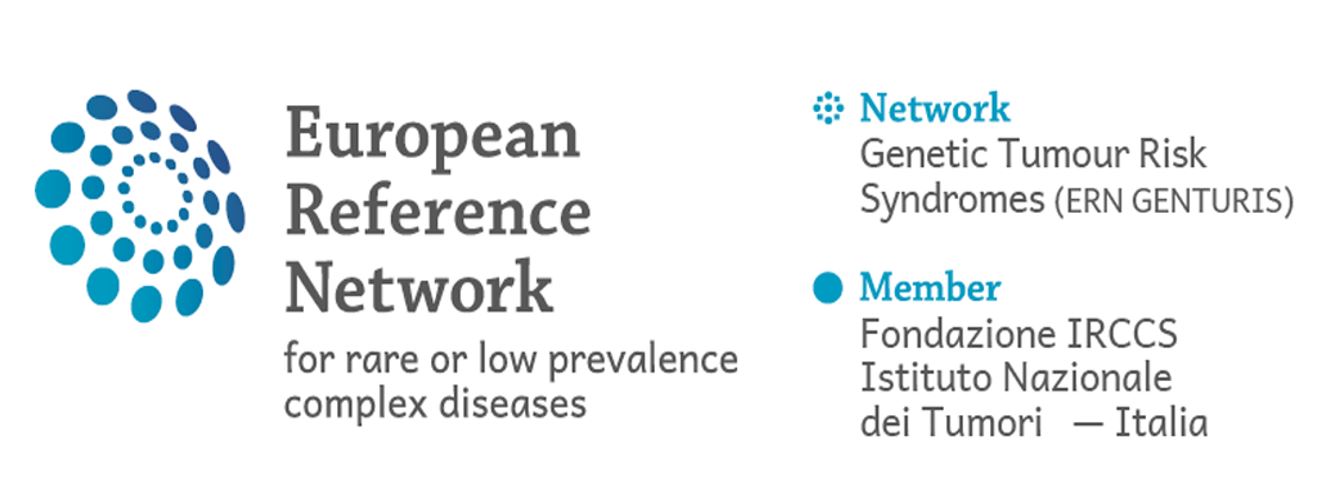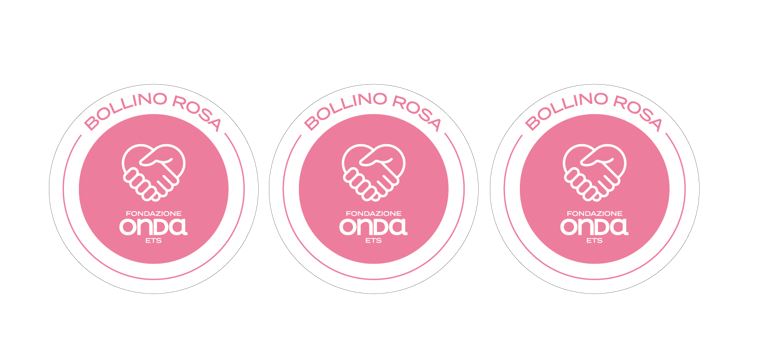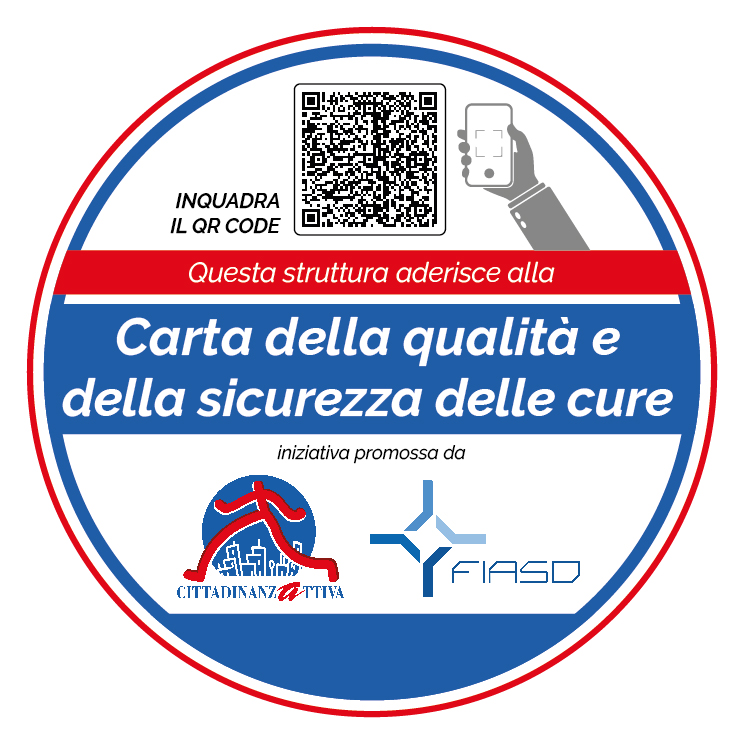CLINICAL CANCER REGISTRY
Clinical Cancer Registry
In 2013 INT initiated a research programme on institutional cancer registration aimed to:
- allow researchers and clinicians to easily select cases of interest for specific studies;
- promote and facilitate clinical and translational research;
- set up cohorts of cancer patients to be followed up prospectively to study outcomes.
Methods

The INT institutional registries are implemented making use of the many clinical data that are routinely produced during the daily activity. However, the fewer data are available as coded variables, the more work is necessary, for IT staff, text mining analysis, and registrars, to extract the relevant data from clinical records. The Electronic Medical Record is ongoing (Autumn 2016-Spring 2018), so up to now the majority of available data are still archived on paper and text fields; pathology reports are archived as free texts.
The breast cancer registry (B-CCR) was the first experience and constituted the prototype for further cancer-specific registries. Presently the B-CCR in place includes all patients treated since October 2011, and bears clinical, pathologic, and biomolecular data of all patients operated in the INT Breast Surgery Unit (more than 6,000 cases recorded to date in the INT registry). INT biological bank conserving blood specimens of cancer patients is now connected with B-CCR.
Future activities
We have now successfully completed the feasibility study on the pancreatic cancer registry, which presently includes cases diagnosed and treated at INT in 2013-2016, and envisage to start prospective registration, enlarging it to the biliopancreatic neoplasms.
The advent of the Electronic Medical Record will hopefully increase the possibilities to have an institutional data warehouse from which it will be possible to extract the information necessary to the create further cancer registries.



















